
Ten predictions of how the pandemic will change the world
As part of our 2020 review, we've rounded up this year's most incisive opinions on how the coronavirus pandemic will impact our lives, courtesy of everyone from Norman Foster to Li Edelkoort and Rem Koolhas.
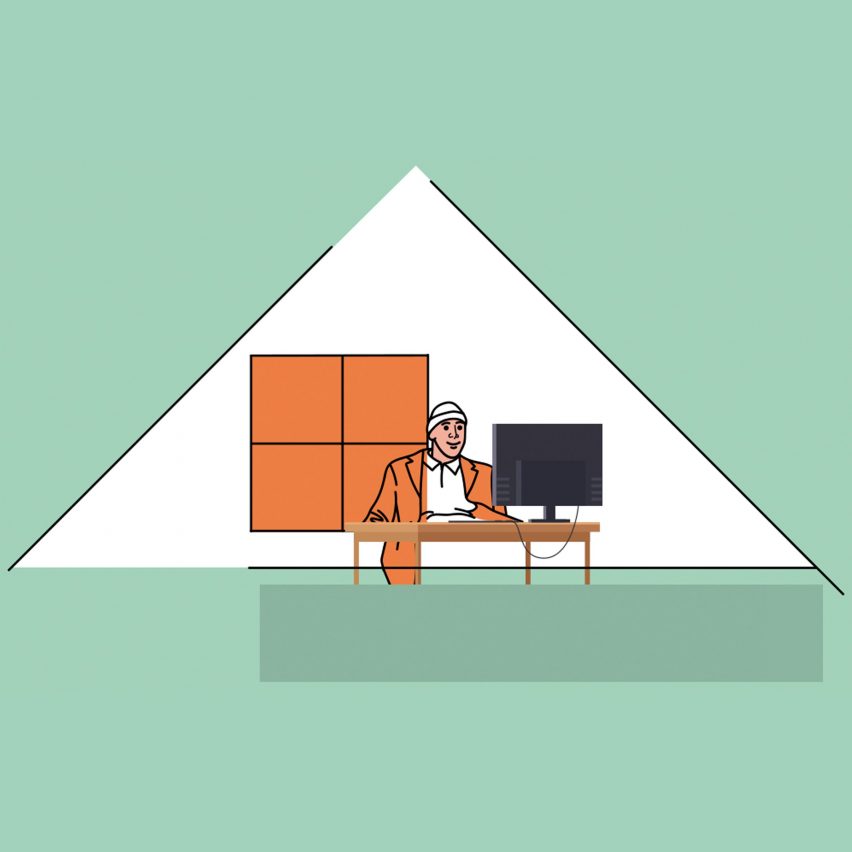
Sergey Makho: post-pandemic homes will be "proud and independent"
Ukrainian architect Sergey Makhno penned an op-ed for Dezeen, outlining seven ways in which our homes will change post-pandemic, including a move from apartments to houses and cities to the countryside.
People will place more importance on self-sufficiency in terms of their water, power and food supply, he argued, while residences will increasingly be equipped with water and air filtration systems and more elaborate working-from-home setups.
Read Sergey Makhno's opinion here ›
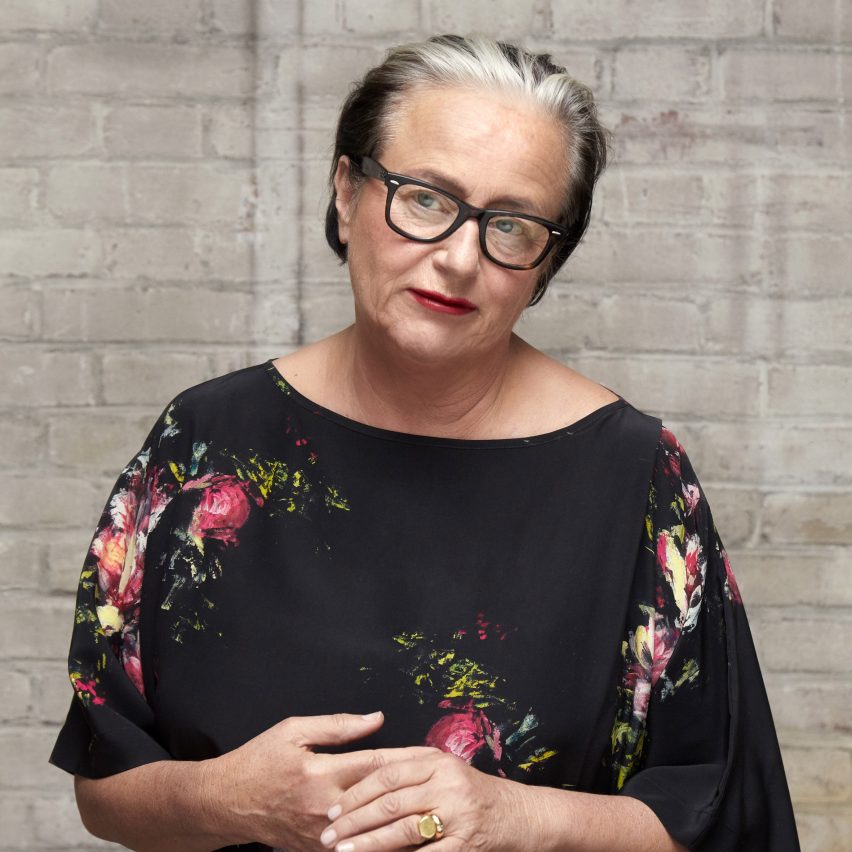
Li Edelkoort: "a blank page for a new beginning"
Dezeen's most-read story of the year saw trend forecaster Li Edelkoort argue that a "quarantine of consumption", caused by widespread lockdowns and the disruption of global supply chains, would cause a reset in societal values.
Showing people that it is possible to live with less, she hoped, would have far-reaching, longterm effects on the economy and the environment, facilitating slower, more localised production, renewed respect for human labour and reduced carbon emissions from travel and transport.
Read Li Edelkoort's opinion here›

Brian Chesky: "travel as we knew it is over"
In an interview with American news channel CNBC, Airbnb's Brian Chesky argued that the travel and tourism industries will be irrevocably changed in the wake of the global restrictions on the freedom of movement that were put in place to help contain the spread of the virus.
While immediate effects include travellers choosing more local, rural destinations that don't require air travel, Chesky also predicted that the desire to avoid large crowds and the ability to work from "any home" would lead to more longterm stays in less well-known destinations.
Read about Brian Chesky's argument here›
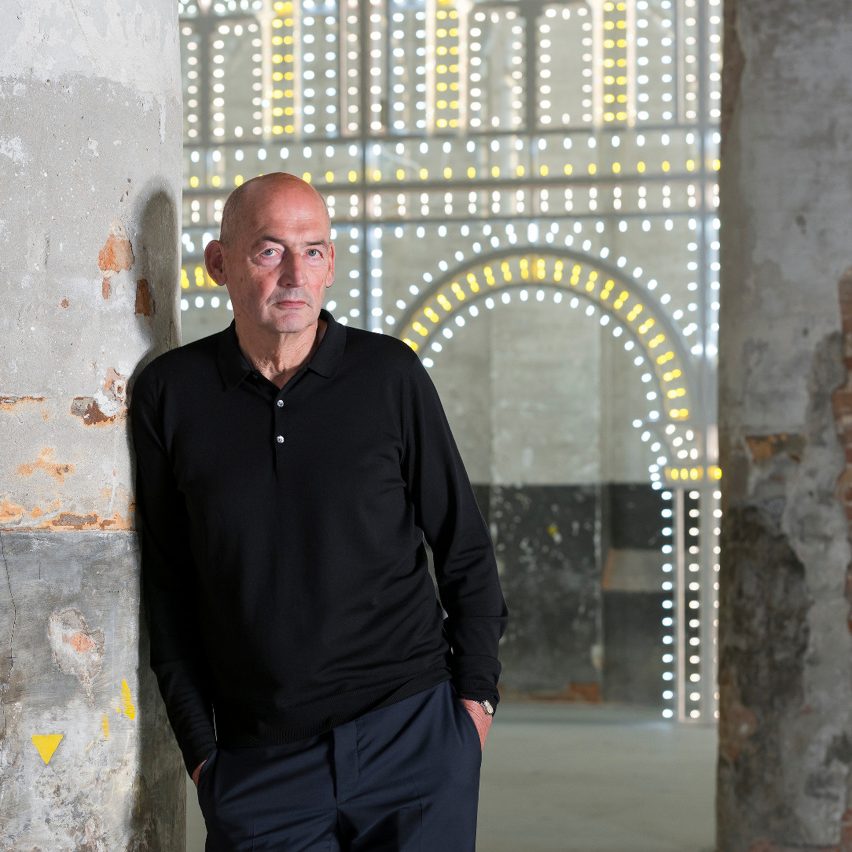
Rem Koolhaas: coronavirus money could solve climate crisis
The "enormous, unbelievable amounts of money" that were manifested by governments out of nowhere in response to the pandemic would be enough to address "our greatest urgency" of climate change, according to OMA founder Rem Koolhas.
Speaking in a live discussion as part of Dezeen's Virtual Design Festival, Koolhaas lamented that neither the world of architecture nor that of politics had done enough to materialise this funding. He also questioned the widespread heralding of a "new normal", arguing instead that there will be "enormous pressure" to pick up where we left off.
Read Rem Koolhaas' argument here›
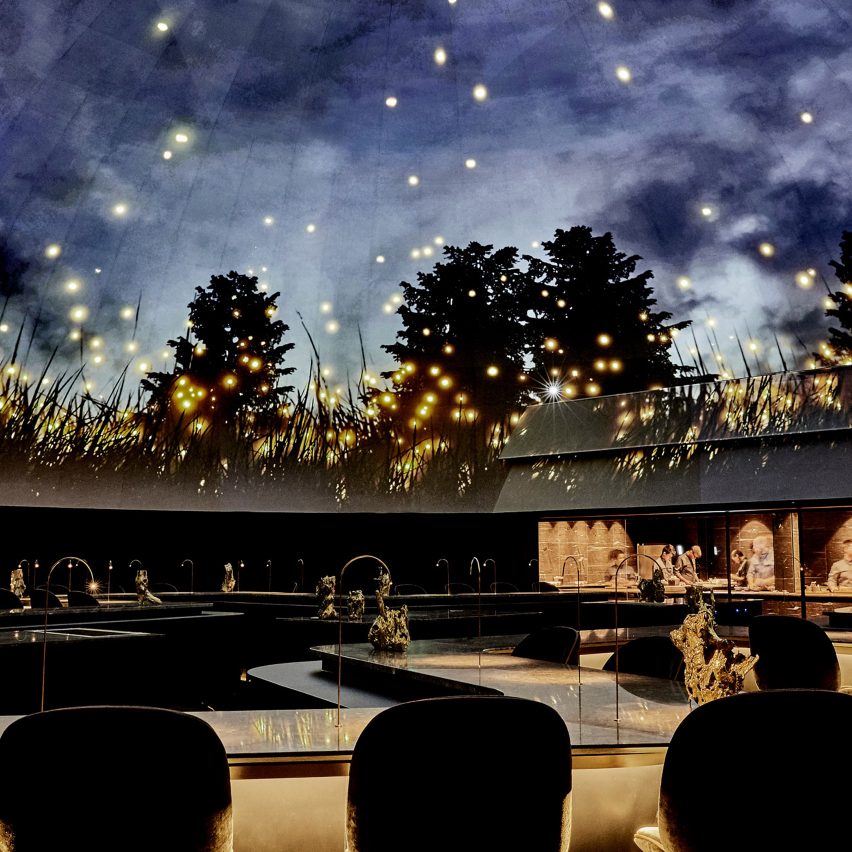
Roar report: escapist restaurant interiors could be "lasting design legacy of the pandemic"
In a bid to cut down on physical contact, hard copies of menus, cash payments, manual taps and door handles as well as communal condiments will go all but extinct in restaurants. This is according to a trend report compiled by Dubai studio Roar in collaboration with more than 170 experts and industry professionals.
Instead, open kitchens will become ubiquitous as stages for demonstrative hygiene practices, while interiors will become ever more escapist and surrealist to compete with the comfort and relative safety offered by diner's own homes.
Read about the Roar trends report here›

Paul Ferro: "the cubicle will become normal"
The longstanding trend towards open-plan offices, designed to maximise interaction and collaboration, will be reversed because of the pandemic, according to Form4 Architecture co-founder Paul Ferro, with the cubicle making its return from stylistic purgatory.
In a guide to his company's Silicon Valley clients, which include Facebook, Netflix and Google, Ferro wrote that taller partitions and maybe even partial canopies between desks would become essential to stop the spread of droplets and aerosols, in combination with advanced air filtration systems and sterilising UV lights.
Read about Paul Ferro's opinion here›
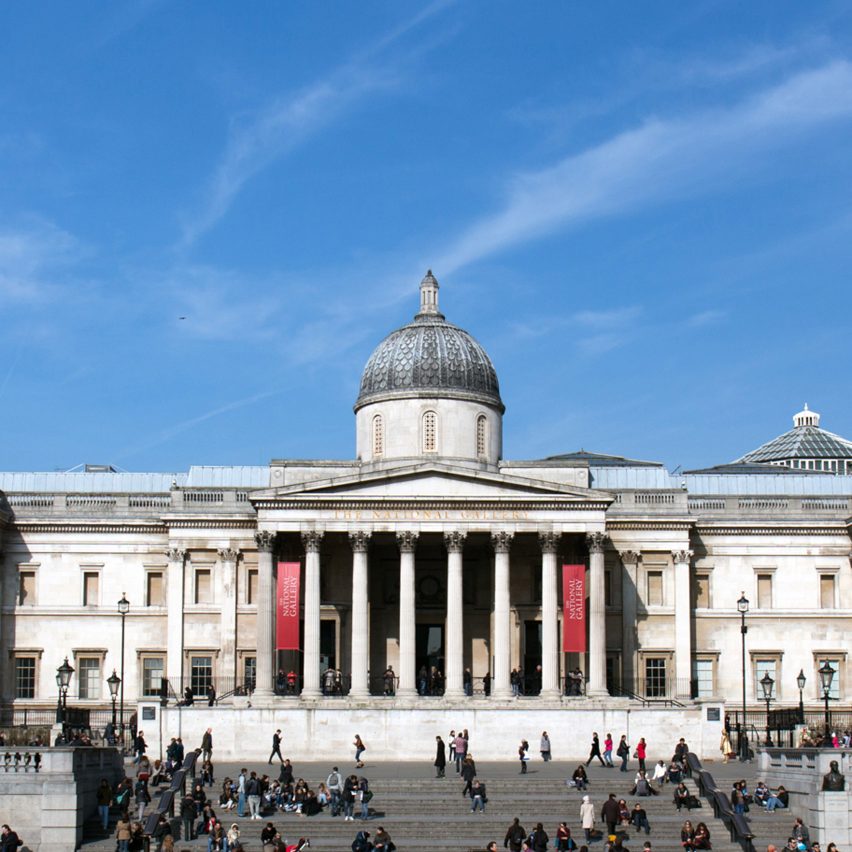
Owen Hopkins: a chance for museums to start again
With museums' financial dependence on paying visitors exposed by worldwide lockdowns and their existence called into question by the growing decolonisation movement, architectural writer Owen Hopkins argued that we should take this as an opportunity to rethink the age-old cultural institutions entirely.
Much like magazines and newspapers had to reassess their purpose and business model with the move online, he wrote that museums post-pandemic should become "less fixed, less centralised, less hierarchical, and taking a cue from online media, less defined by the physical form of their existence – that is, architecture."
Read Owen Hopkin's opinion here›
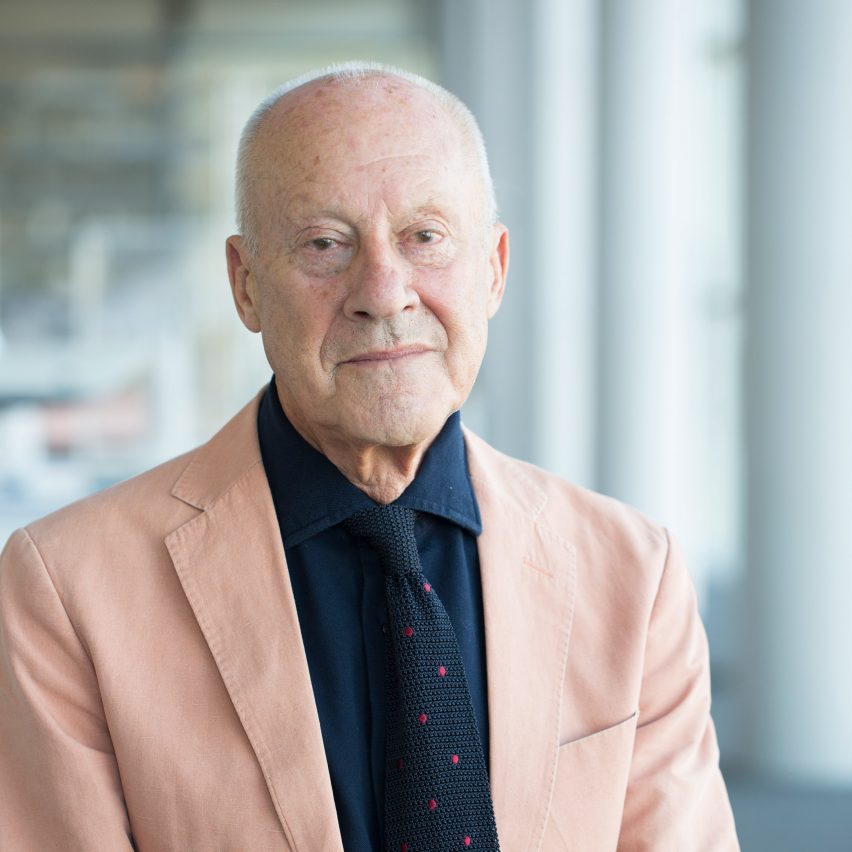
Norman Foster: pandemic will not fundamentally change cities
Speaking at the United Nations Forum of Mayors in October, Norman Foster argued that Covid will not be the thing that singlehandedly changes the fabric of our cities. "History tells us that the future is not two-metre distancing," he said.
Instead, he posited that it will merely accelerate existing trends, such as the move towards more sustainable, well-ventilated buildings, electric vehicles and increased green spaces in cities to improve health and wellbeing and accommodate urban farming practices.
Read about Norman Foster's prediction here›
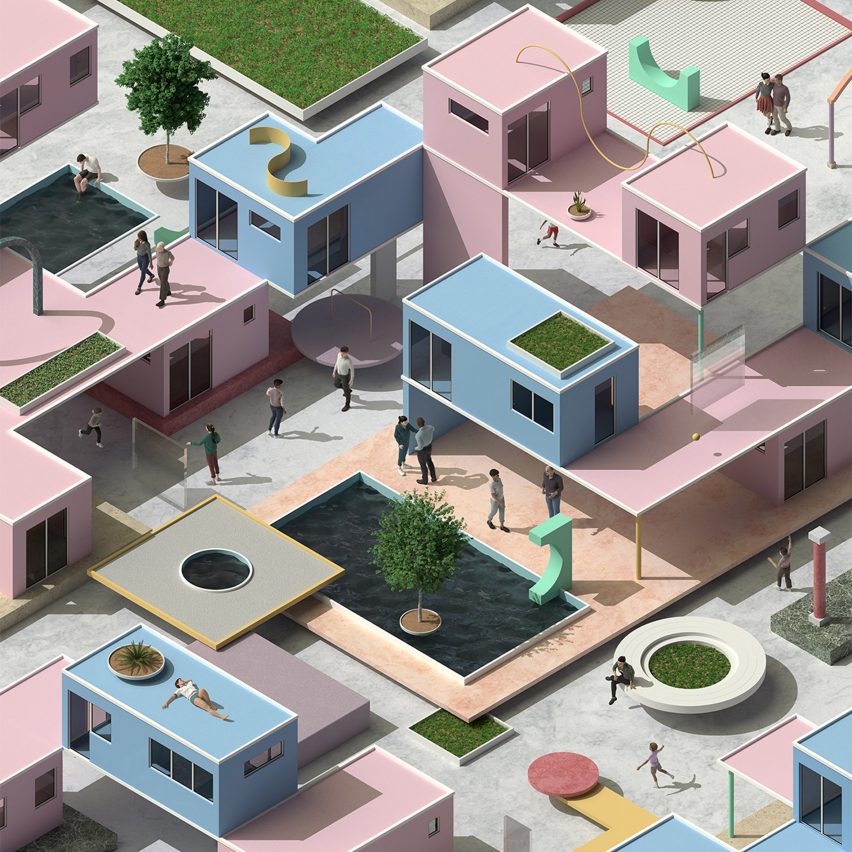
Michelle Ogundehin: homes can be "powerful weapon in the fight against contagion"
Though many experts have predicted a touchless future, where everything from buttons to door handles and water taps is operated via hands-free sensors to contain the spread of germs, Dezeen columnist and interiors expert Michelle Ogundehin argued that the opposite will be true in our homes.
In her article about the 11 ways the pandemic will change our homes – in which she also prophesied an overhaul of traditional floorplans and the West's adoption of the Japanese genkan – Ogundehin wrote that "we will crave profoundly tactile home environments as deliberate respite from the socially distanced world beyond our doors."
Read Michelle Ogundehin's opinion here›
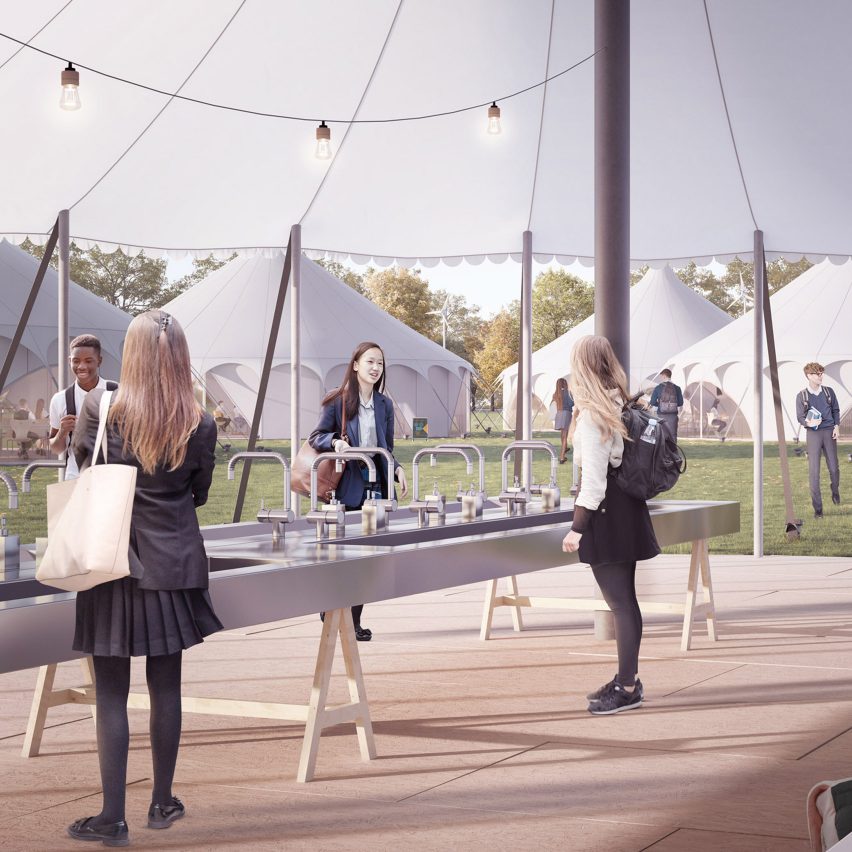
Roar report: "education spaces will never be the same again"
A second Roar report on the education sector did not anticipate social distancing measures to become a permanent fixture in schools, although it conceded that interiors will likely become more flexible, with folding walls and moveable furniture that can be rearranged to accommodate future pandemic restrictions.
Both teachers and designers who advised on the report argued that a positive "long-term legacy" of the pandemic could be the introduction of WeWork-style co-working spaces, where students can take virtual English or history lessons while existing classrooms can be used for hands-on subjects like science or music.
Read about the Roar report here›
Top image shows white circles that were added to the grass in New York's Domino Park to promote social distancing.